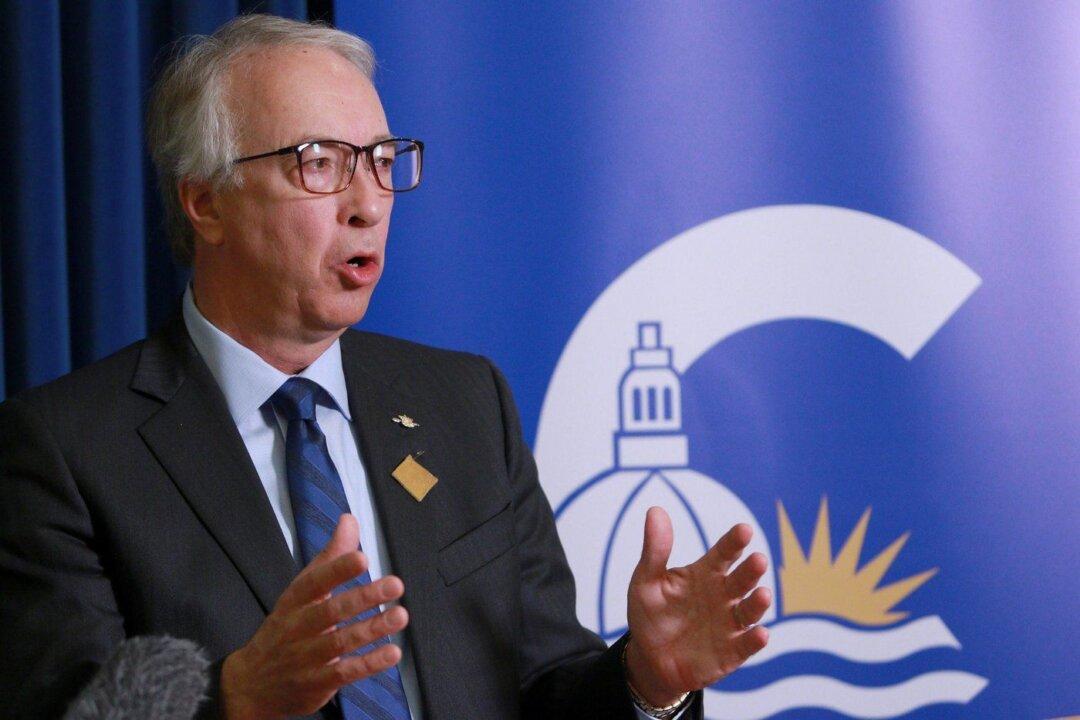British Columbia should use the notwithstanding clause to implement legislation to curtail drug use in public places like playgrounds and beaches, Conservative Party of B.C. leader John Rustad says.
Mr. Rustad made the comments after a Dec. 29 decision by the British Columbia Supreme Court paused the enforcement of such government legislation in response to a lawsuit brought by the Harm Reduction Nurses Association.





